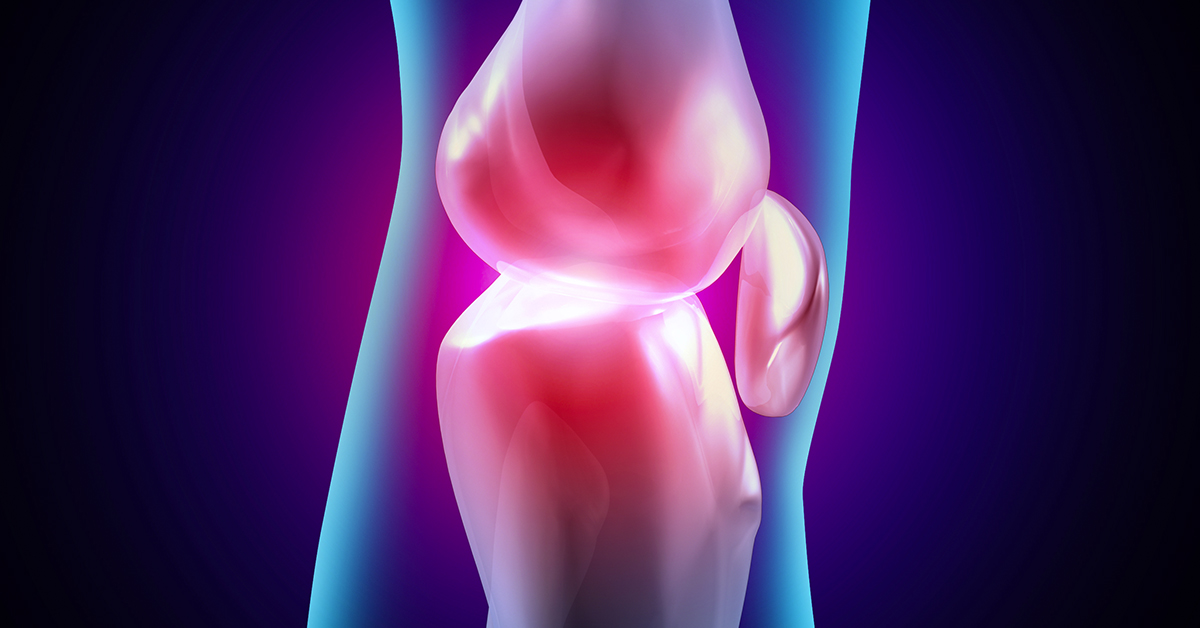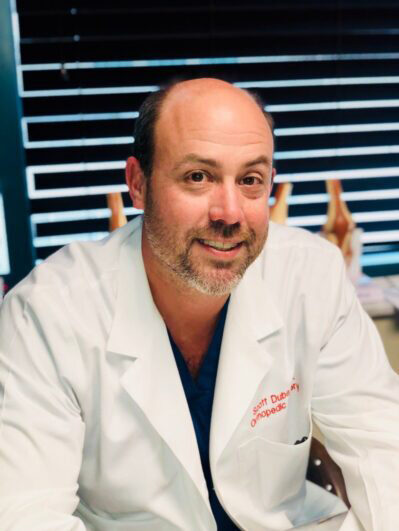
What is Osgood-Schlatter Disease?
Osgood-Schlatter disease is a condition in which overuse can cause knee pain in one or both of the knees. This condition affects the patellar tendon, which is located below the knee cap, where it attaches to the lower leg bone, or tibia.
What causes Osgood-Schlatter Disease?
This condition mainly affects physically active children during periods of growth and development. This is because the ends of the bones in the knee joint have growth plates. Growth plates are areas of cartilage that regulate bone growth in children. These cartilage masses are located near the ends of bones, developing into solid bone when the child finishes growing. Until that skeletal maturity is reached, they are very susceptible to injury.
This condition may especially be seen in young athletes who play sports like soccer, basketball, gymnastics, or sports that involve jumping or running. Running and jumping require the use of muscles and tendons in the leg that may irritate the growth plate on the top of the lower leg bone.
Symptoms and Diagnosis
The most common symptoms of Osgood-Schlatter Disease are pain and tenderness. The pain is usually below the kneecap on the front of the leg, and it tends to worsen with physical activity. Other symptoms can include inflammation and issues with mobility, including limping.
How is Osgood-Schlatter Disease treated?
It's important to treat growth plate injuries properly, otherwise a severe injury could negatively interfere with normal growth. In the knee, overuse of the affected tendon could cause it to attempt to separate from the end of the tibia.
Often, this condition relieves itself once skeletal maturity is reached. Until that point, treatment options may include pain medication, ice, activity modification, orthotics, and knee pads. Your doctor may recommend physical therapy exercises, or if the condition is more severe, immobilization with a brace or cast.


